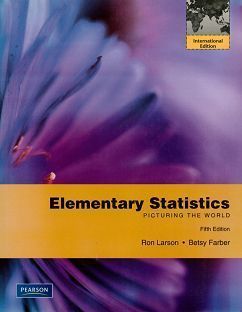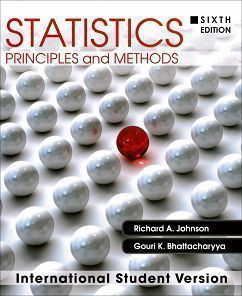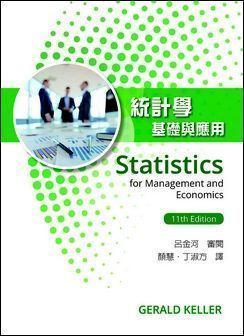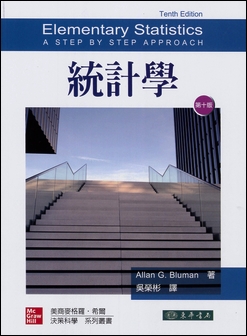書籍分類
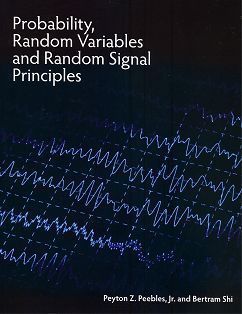
Probability, Random Variables and Random Signal Principles
作者:Peyton Z. Peebles, Jr., Bertram Shi
原價:NT$ 1,100
ISBN:9781259007644
版次:1
年份:2015
出版商:McGraw-Hill
頁數/規格:514頁/平裝雙色
版次:1
年份:2015
出版商:McGraw-Hill
頁數/規格:514頁/平裝雙色
內容介紹 本書特色 目錄
- Description
Probability, Random Variables and Random Signal Principles offers clear and concise coverage of theories of probability, random variables, and random signals, including the response of linear networks to random waveforms for the junior-senior level course in electrical engineering. The book offers a careful, logical organization which stresses fundamentals and includes almost 900 student exercises and abundant practical applications for engineers to understand probability concepts.
The new edition sought to provide better integration of the material covering continuous and discrete time process, by presenting the material in parallel as much as possible. This should enable the student to better appreciate the similarities and differences between the same concepts when applied to continuous time and discrete time processes.




